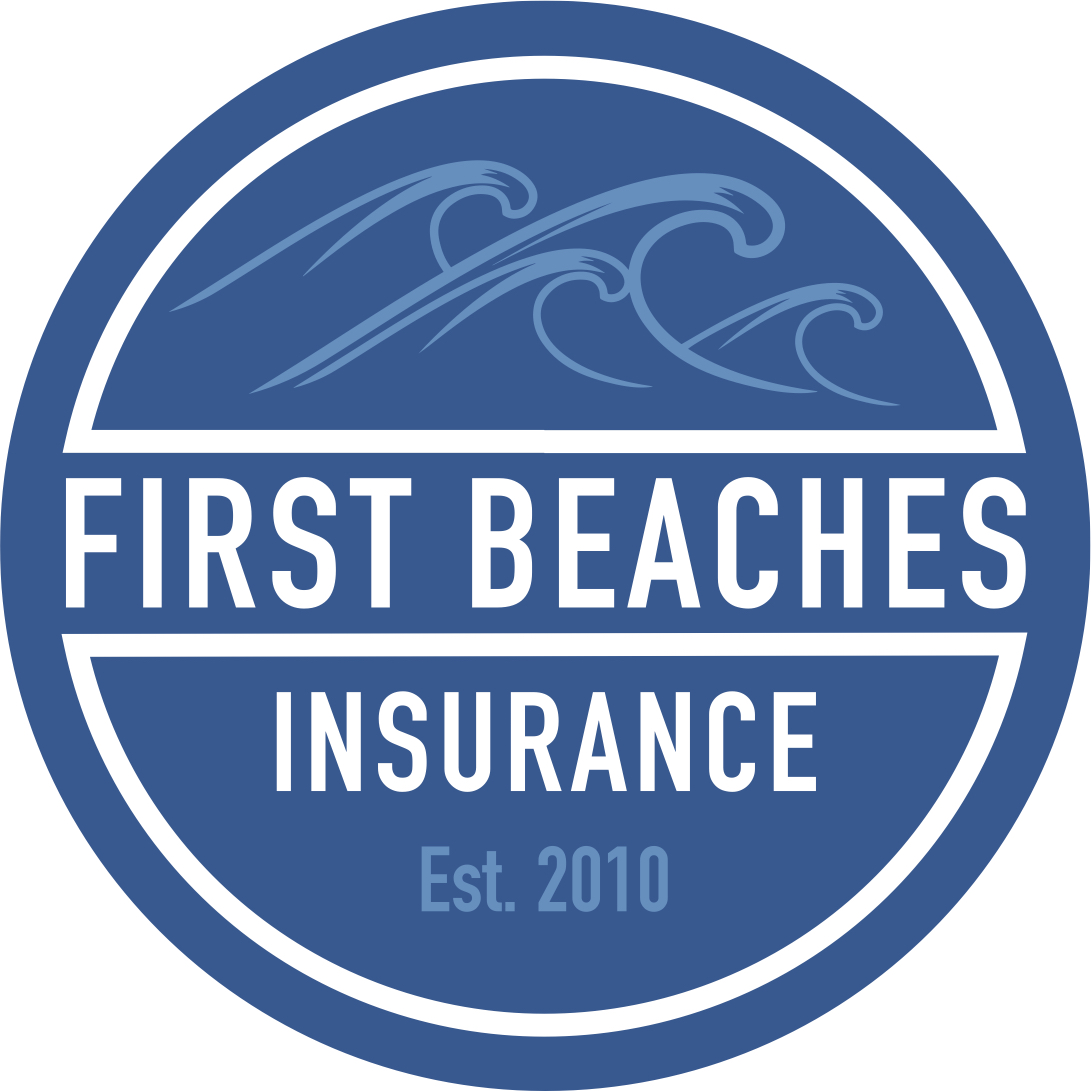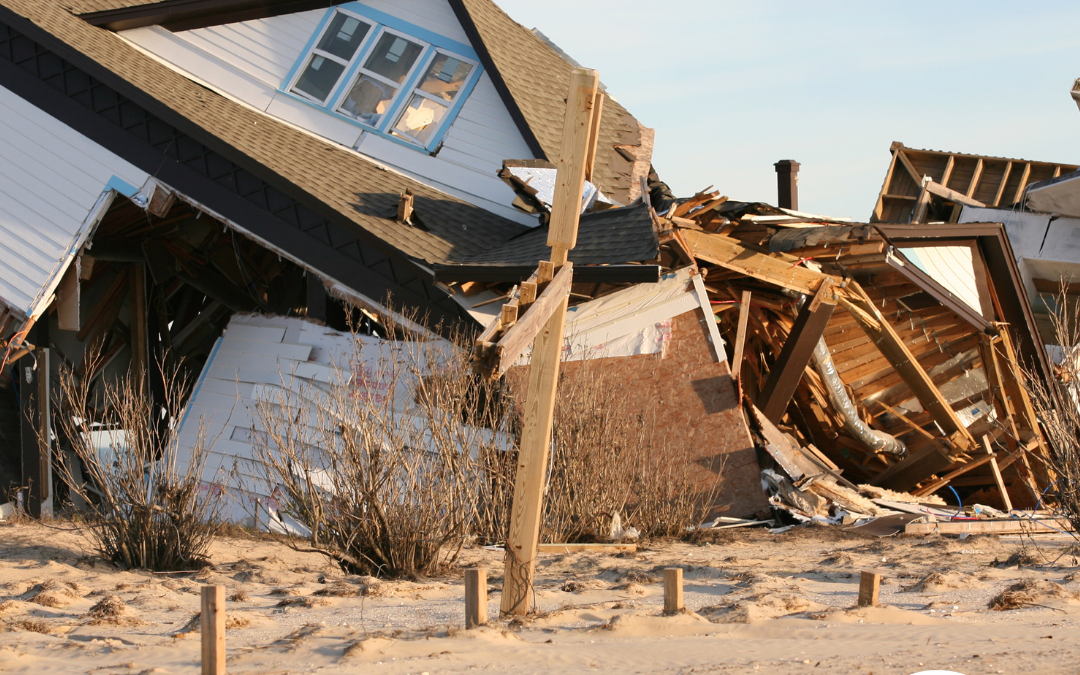As hurricane season approaches, it’s important for insureds to understand the basics of insurance and how it can protect them in the event of a major storm. While hurricanes can cause catastrophic damage, having an adequate insurance policy in place will ensure that you can recover financially from any losses incurred.
You need to know about insurance and hurricanes so they can make sure you have the right coverage for your needs. Here are five things to know so that you can be prepared if disaster strikes.
1) Deductibles
If you live in an area prone to hurricanes, it’s important to know that most homeowners’ insurance policies have provisions for hurricane damage. One such provision is a higher deductible for losses caused by hurricanes. Typically ranging from 2-10 percent of the home’s insured value, this means that policyholders are responsible for paying a percentage of the damages incurred. For example, if your home is insured for $100,000 with a 2-percent hurricane deductible, you would be responsible for the first $2,000 in damages.
2) Wind-driven rain
It’s important to note that damage caused by wind-driven rain, such as when rain seeps through poorly sealed windows or doors, is typically not covered by most insurance policies. While the damage caused by wind is usually covered (subject to the hurricane deductible), water damage resulting from rain penetrating through openings in your home is often not covered.
3) Scammers
In the aftermath of a hurricane, repair crews may approach homeowners seeking to offer their services. However, it’s essential to resist the urge to sign any paperwork that assigns the rights and benefits of your insurance policy to someone else. These assignment of benefits scams are a leading cause of increasing insurance rates, and fraudsters often target unsuspecting homeowners during this time. To ensure you’re not taken advantage of, it’s always a good idea to contact your insurance company or agent first to report any losses and determine the best course of action.
4) Flooding
We can’t say it enough: Standard homeowners insurance policies typically do not cover damage caused by flooding, a common occurrence during hurricanes. To protect against this type of loss, it’s necessary to obtain a separate flood insurance policy.
5) Mitigate and document
Homeowners are responsible for mitigating damage to their homes as much as possible while ensuring their safety and documenting the damage. Taking steps such as covering a damaged roof with a tarp or boarding a broken window can help prevent further losses. Additionally, homeowners should take photographs to document any damage and keep receipts for any out-of-pocket expenses incurred.
Understanding your insurance policy and its coverage is essential when preparing for a hurricane. Knowing what’s covered, understanding deductibles, being aware of scammers, having flood insurance if necessary, and mitigating damage are all essential steps to take before disaster strikes. The best way to ensure that you are adequately prepared in case of a storm is by speaking with an experienced agent who can help you understand exactly what kind of coverage you need and how much protection it will provide. With the right knowledge and preparation, insureds can rest assured knowing they have taken every step possible to protect themselves financially from any losses due to hurricanes.

